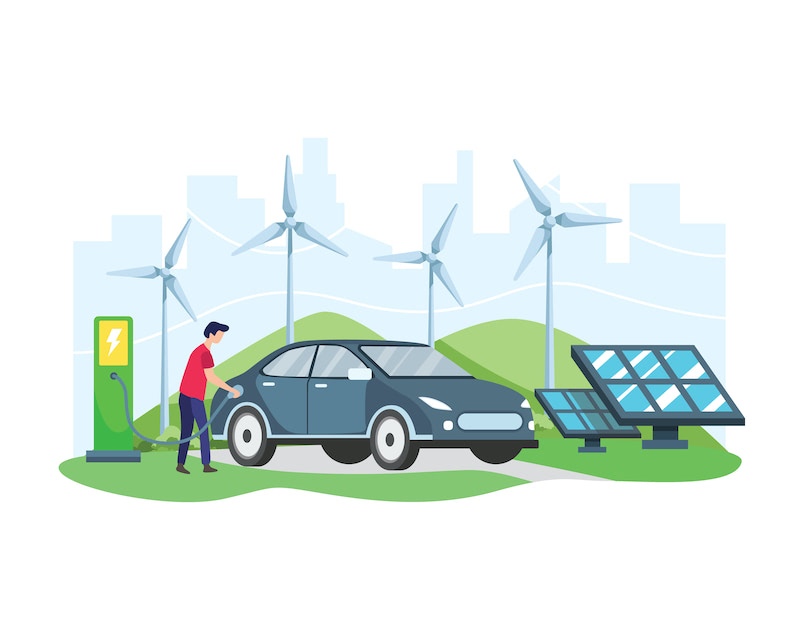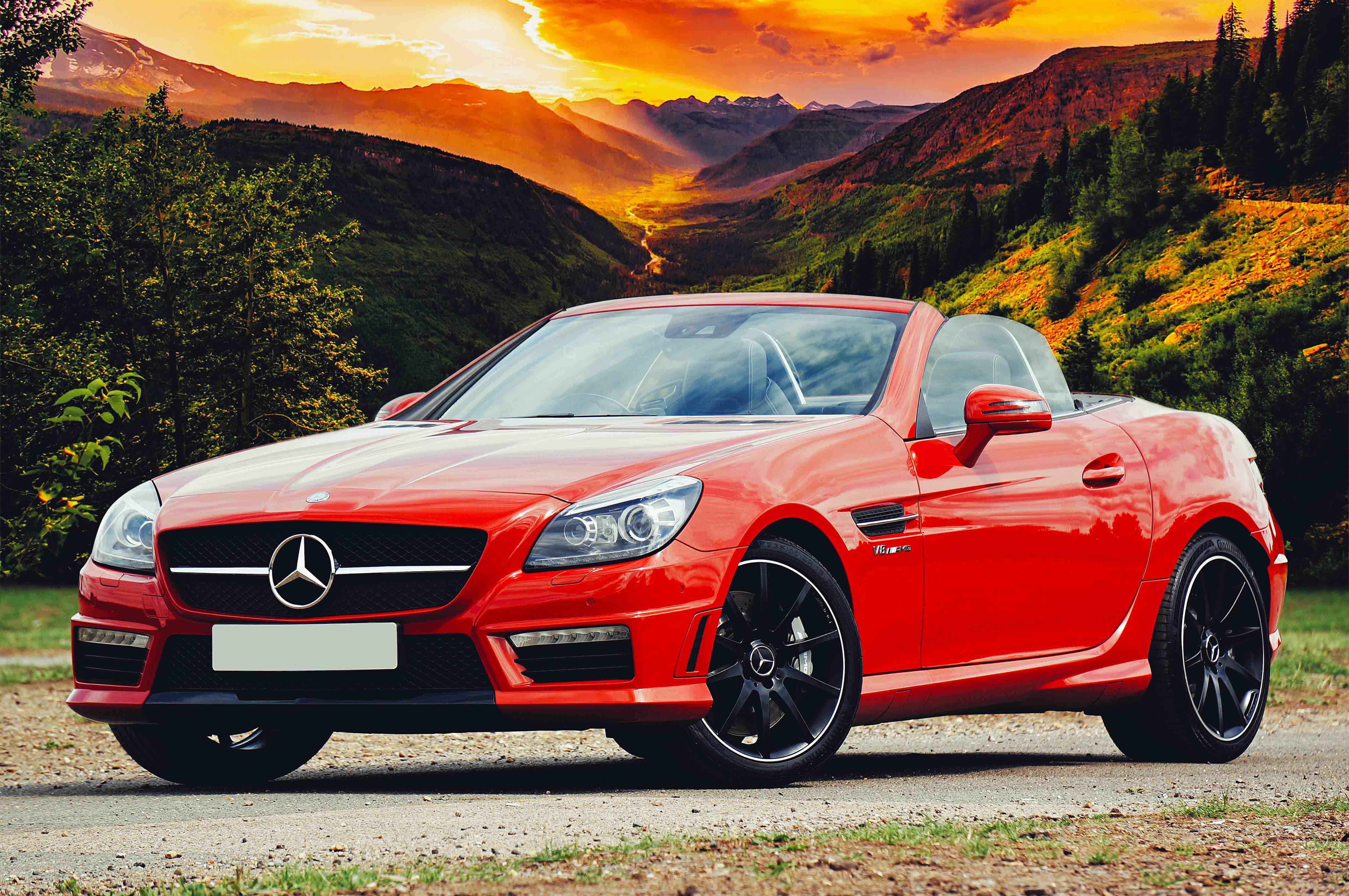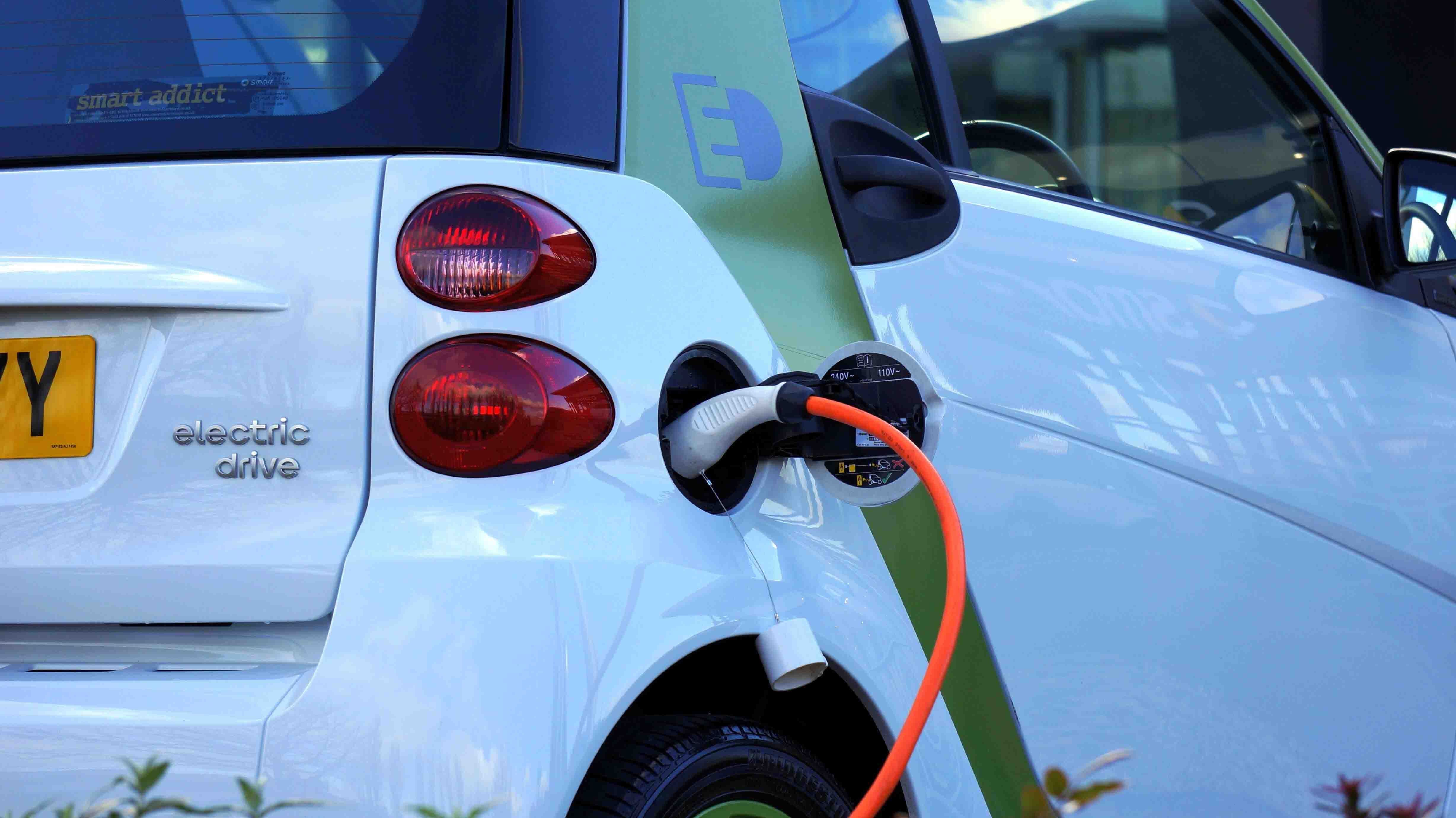Shanghai (Gasgoo)- Volvo Cars recently held a tripartite signing ceremony at its Asia Pacific headquarters in Shanghai with Beijing Shougang Co., Ltd. and Zhejiang Yiyun Renewable Resources Co., Ltd. (“Zhejiang Yiyun”), according to a press release it issued on July 23 via its WeChat account. The collaboration aims to optimize the entire chain of automobile steel production, usage, and recycling, maximizing the efficiency and resource value of steel.
Steel, as one of the primary raw materials in the automotive industry, is extensively used in car manufacturing. For instance, in the Volvo EX30, steel and iron account for 37% of the total body weight. Consequently, steel production is a significant contributor to carbon emissions, with steel materials in an EX30 body contributing 17% of its material-related carbon emissions. To fully utilize the value of steel, reduce the use of virgin steel, support the development of a circular economy, and lower carbon emissions, Volvo Cars, in partnership with Shougang and Zhejiang Yiyun, has launched an advanced system for 100% value retention and closed-loop recycling of automotive steel. This marks Volvo Cars' first implementation of a closed-loop steel recycling system on a global scale. The three parties will jointly explore more efficient resource utilization methods, connecting the physical chain of automotive scrap steel closed-loop recycling, and using digital means to achieve full process traceability.
Li Hai, Vice President of Supply Chain for Volvo Cars Asia Pacific, stated: "To address climate change and environmental challenges, Volvo Cars not only tackles exhaust emissions through a comprehensive electrification strategy but also promotes energy-saving and green transformation throughout the supply chain. We are committed to partnering with like-minded partners in the supply chain to drive sustainable development across the industry through innovation and collaboration. We are honored to collaborate with Beijing Shougang and Zhejiang Yiyun. Together, we will promote the development of the circular economy, enhance the recycling efficiency of Volvo Cars' main raw materials, and set a new benchmark for sustainable development in the industry."
Volvo Cars plans to reduce material-related carbon emissions per car by 25% by 2025. By then, 25% of the materials in each new Volvo model (by weight) will be recyclable or bio-based materials, including 25% recycled plastic, 40% recycled aluminum, and 25% recycled steel. To achieve this goal, the company is actively introducing low-carbon materials and increasing the use of recycled materials in steel, aluminum, batteries, and polymers.
In 2023, Volvo Cars introduced a 100% value retention and closed-loop recycling system for aluminum, achieving non-degraded recycling of 6XXX series aluminum alloy materials used in cars. In April this year, Volvo Cars announced a partnership with mainstream battery suppliers to initiate closed-loop management of battery materials through disassembly, recycling, and reuse of waste batteries. Additionally, Volvo Cars actively advocates for clean energy usage among its supply chain partners, launching projects such as "Green Chengdu" and "Green Zhejiang" to drive the green transformation of the entire industry. This collaboration marks another solid step for Volvo Cars in the field of circular economy and sustainable development, supporting the company's ambitious goal of achieving net-zero greenhouse gas emissions by 2040.



